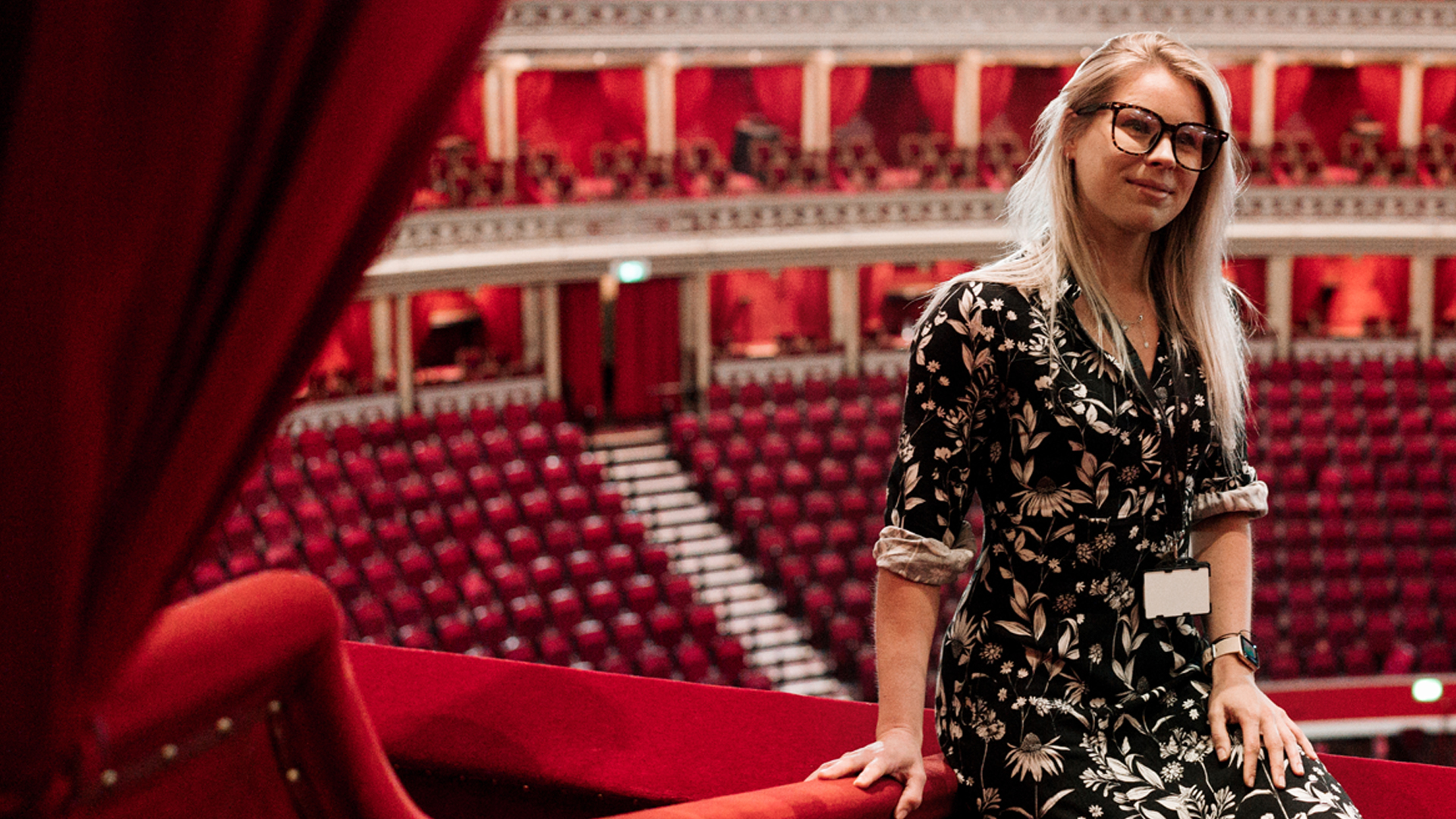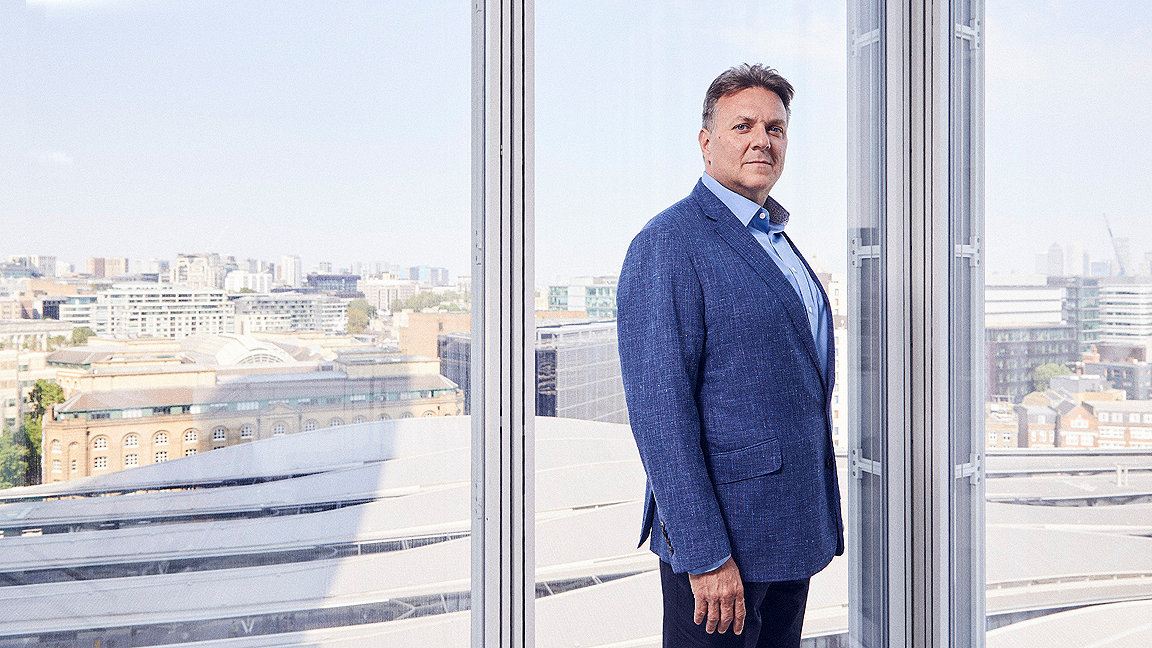
Photography by Stacey Osborne
Andrew Reynolds FRICS became the global chairman of construction and property consultancy Rider Levett Bucknall (RLB) in July 2022, having joined the company 21 years earlier in 2001.
It’s the latest step in a journey that began as a teenage bricklayer’s mate. “I started working during weekends and summer holidays as a labourer and learned about the industry on various sites,” says Reynolds. “I’m third-generation construction, although I’ve never worked with family.”
Reynolds’ career has taken him from being focused purely on bricks to a role that involves making sure entire buildings are in the right place. In some ways, it’s a logical progression – but how many former bricklayers make it to the boardroom of a company the size of RLB, with 4,000 staff and 140 offices around the world? “Our industry truly offers anyone from any background an opportunity,” he says. “It definitely harnessed my skills.”
After graduating from the University of Salford with a degree in Quantity Surveying, Property and Construction, Reynolds then went on to gain MRICS accreditation in 1999 and began working for RLB two years later in 2001.
“RICS accreditation gave me a recognised, solid foundation,” he says. “The qualification was paramount – my higher education was not straightforward, and I went through various routes to become qualified with RICS. It gave me all the tools I needed for my whole career. Even in my role today, I still use what I learned going through that qualification process.”
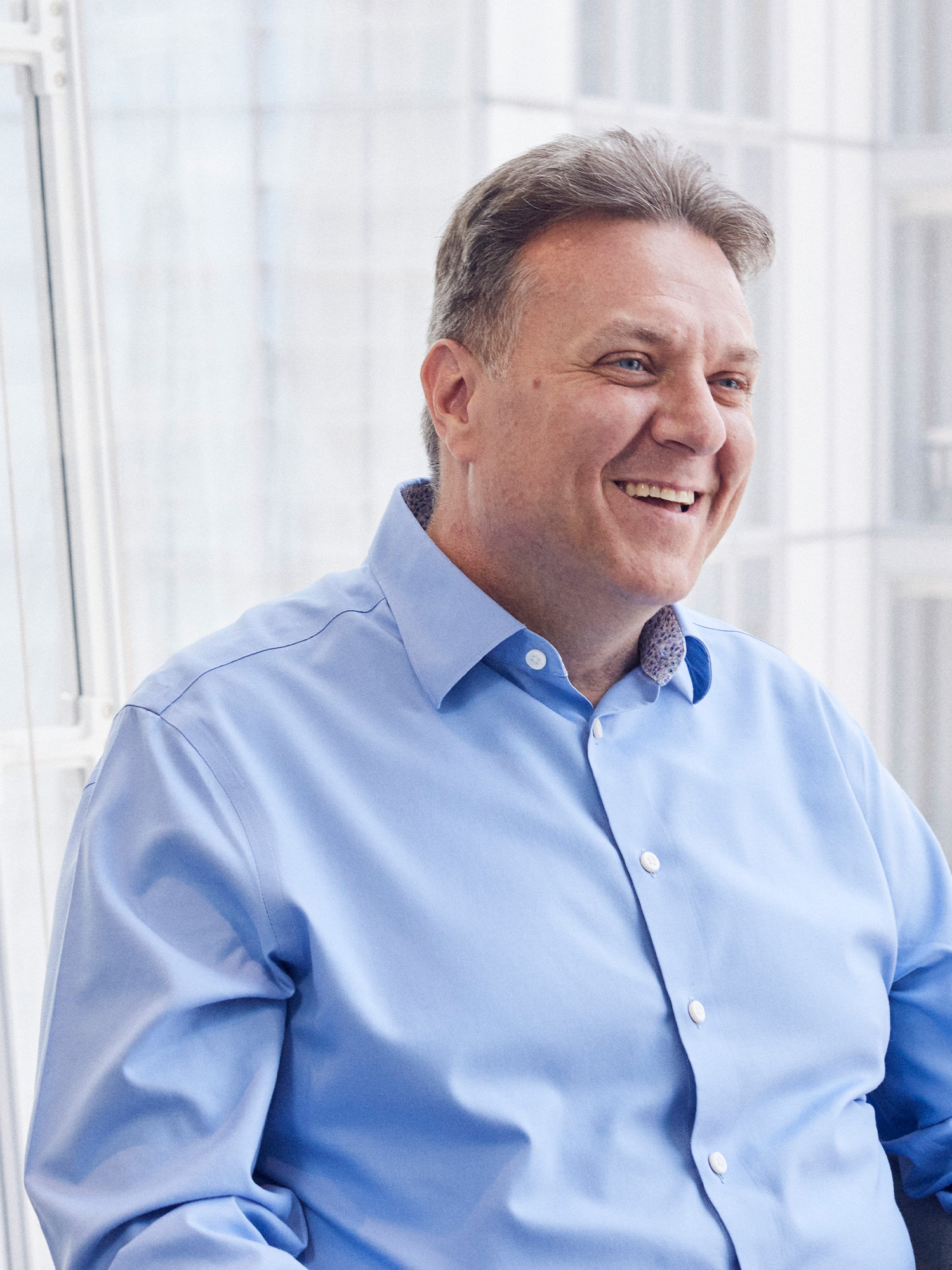

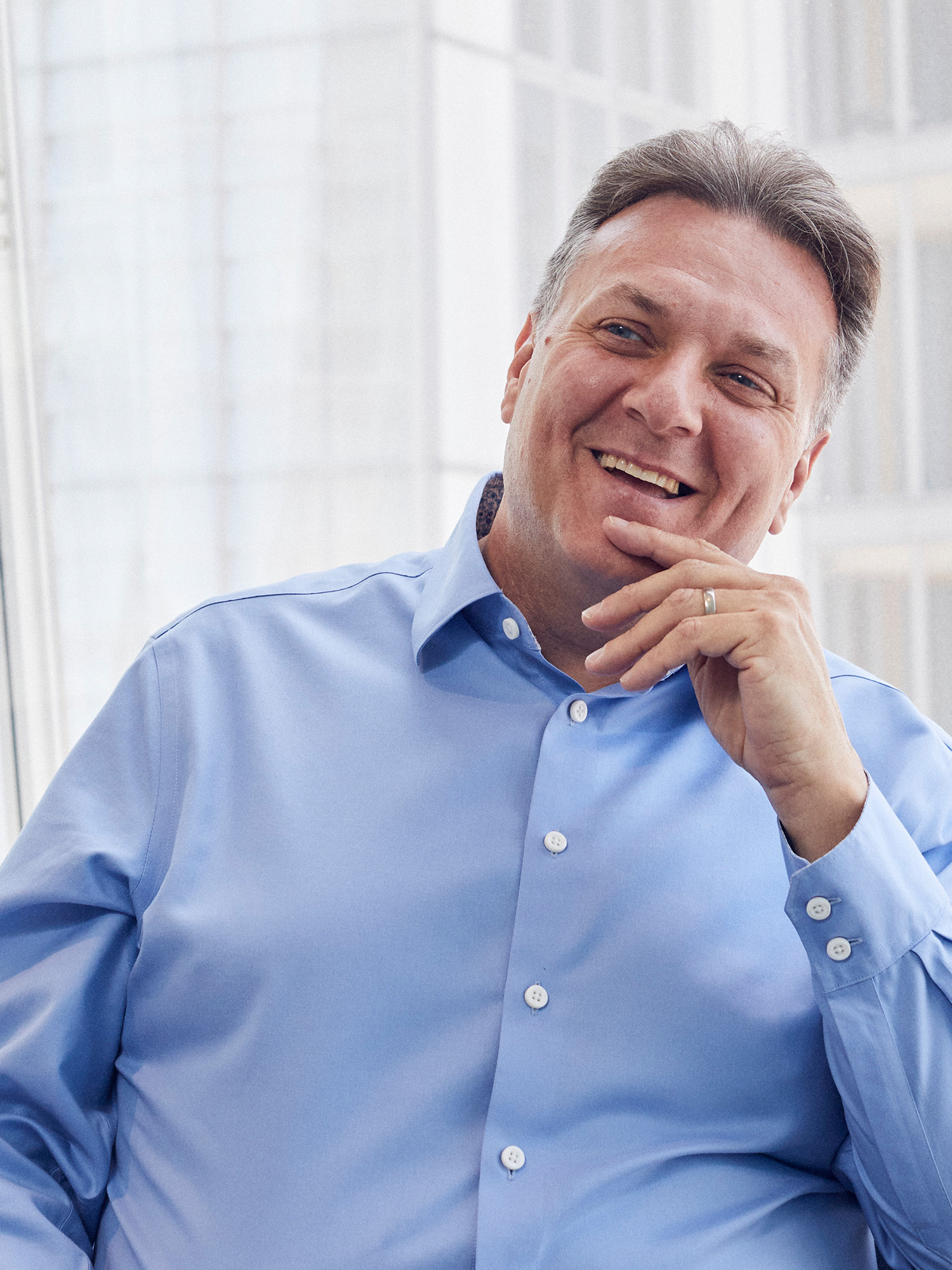
A duty of care
In his current position, Reynolds must apply everything he has learned to the global stage – from navigating different interpretations of sustainability, country by country, to the varying cost pressures and market challenges of each region. RLB is aiming to be a net zero company by 2030, but this isn’t always a goal shared by every country or government.
“Our industry has a duty of care to the planet,” he says. “Everything the built environment sector does impacts the planet and we all have to engage in that, no matter how big or small the action. One of the principal questions now is ‘should we build?’ One of the questions we often ask our clients is ‘do you need to build?’ It’s an important development in how we think about the future – do we actually need the asset?”
When it comes to market challenges facing RLB, Reynolds says there’s always a mixture of micro issues and macro issues that affect all parts of the world. Examples that he gives of the macro issues are shifting geopolitics and the ongoing impact of the COVID-19 pandemic in the supply chain, “although material supplies are normalising again”.
Industry instability can lead to a lack of confidence, which in turn leads to compromise. “Many of our government clients face compromises they’ve never faced previously,” says Reynolds. “How do they decide to invest in healthcare versus education? Helping our clients navigate that is a key issue.”
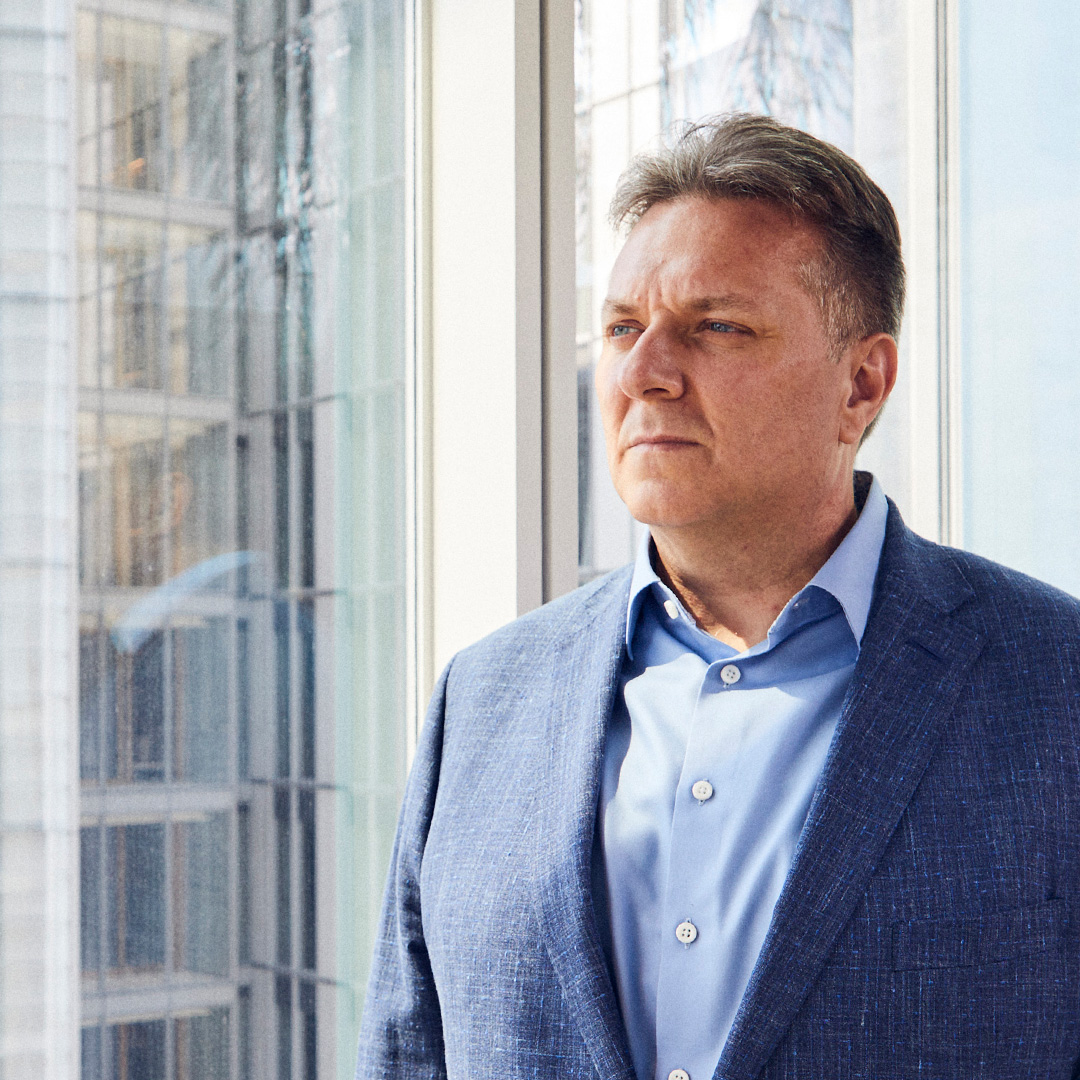
Historic challenges
Reynolds has been at the epicentre of the industry during some significant events in the past two decades. The first that comes to mind for him is the Global Financial Crisis (GFC) of 2008.
“The GFC was a big change because it happened so quickly,” he says. “It was a period marked by a lack of transparency in the structure of economics in the financial world. I’ve seen a shift in transparency and governance; it has improved. What you do and how you lead now has to be transparent.”
The second event Reynolds discusses is something that took place in the UK but has had international repercussions – Grenfell Tower. “The industry is still going through the learnings of Grenfell and that will continue, not just in the UK but globally,” he says. “I was talking to an Italian colleague who is facing the same issue there where cladding is being removed and replaced. Grenfell has been a very difficult situation but has had a big impact on fire safety in buildings.”
Making the most of big data
One of the most important innovations in the built environment, for Reynolds, is the increased processing power and sheer quantity of data companies can work with to inform decision making.
“How do we leverage the huge amount of data that we generate every day? All the project data that we work very hard to normalise, anonymise and cleanse?
“If you think about the way our industry works, it moves from project to project solving unique things. We’re very good at doing unique things in this industry. But to apply a digital mindset, which creates consistency and legacy – is about repeats. How we take that uniqueness and replay it in a digital way.”
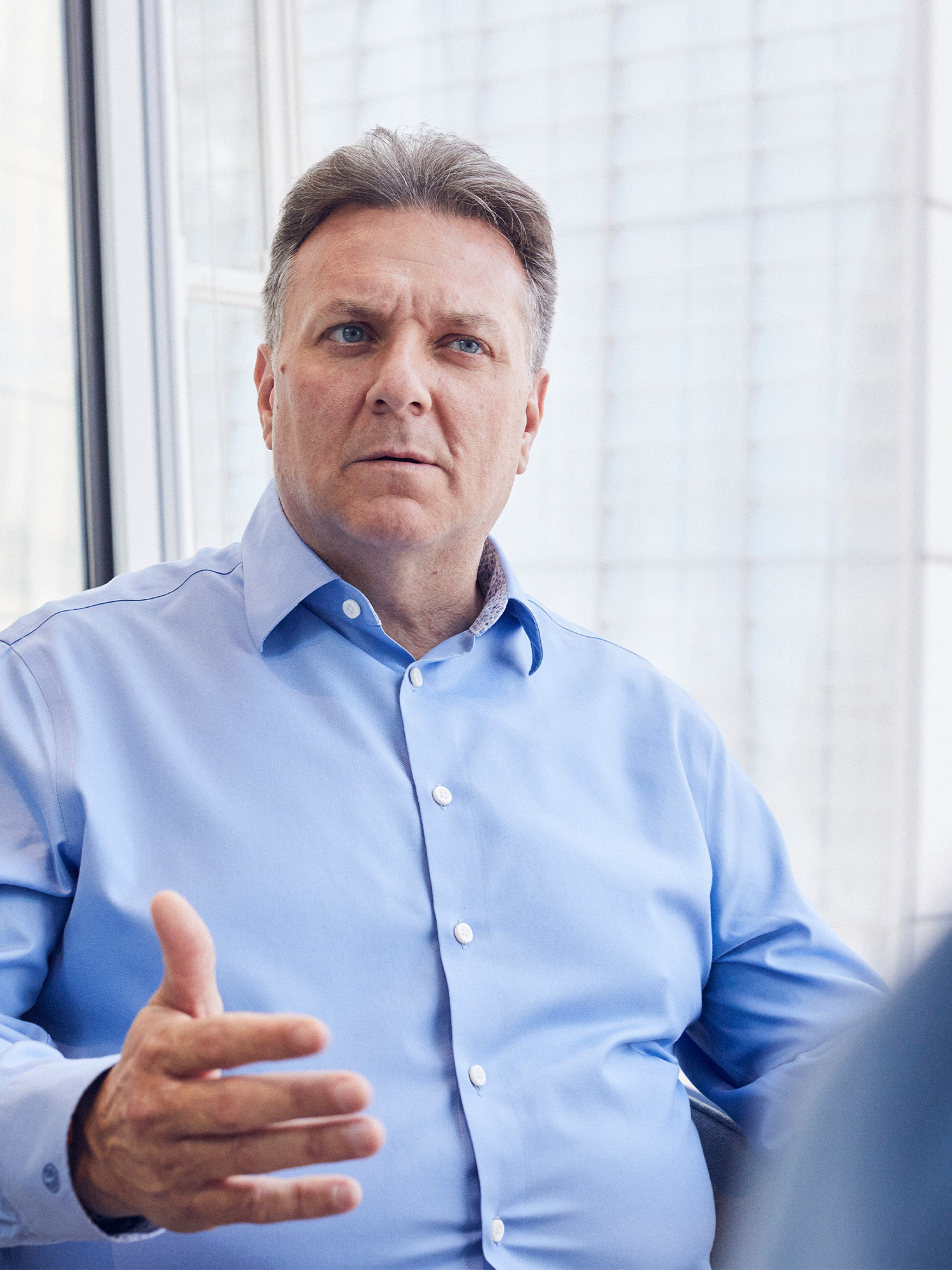

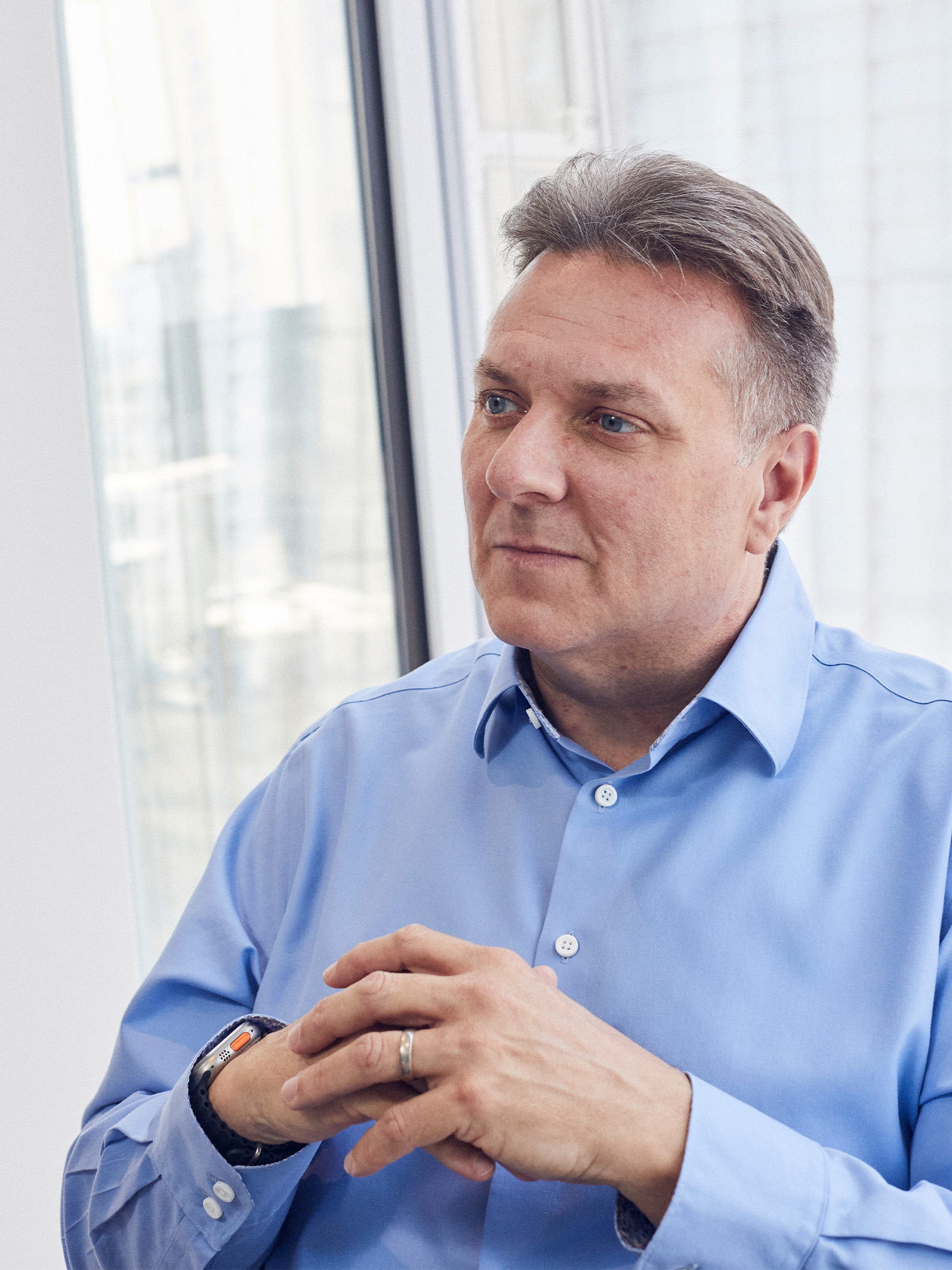
While processing power isn’t the most tangible of innovations, compared to something like a 3D printed house, Reynolds believes it will have an “ongoing exponential impact on the industry”.
However, he is also concerned by the sector’s lack of innovation in some areas. Reynolds gives the example of a machine that harks back to where his career began: with bricks. “I watched a video recently on YouTube of a bricklaying machine from 1967 and it was the same kind of bricklaying machine we see today! So, the industry’s got a lot of evolution to do, there’s a great opportunity to modernise. It suffers from fragmentation – there are more than 200 professional organisations for the sector in the UK alone. How they work together to create new ways forward for the industry is very important.”
One area where the industry has been forced to modernise quickly is in its office working practices. Although plenty of companies were getting on board with hybrid working before the pandemic, it’s now become the norm and a perk that many employees and potential applicants expect. Reynolds says the old adage of needing to see your staff to make sure they’re working doesn’t apply any more. And it never really never did in a sector where people can be between the office, site visits and client meetings all in the same day.
“The number of employees you require for a particular office space has changed,” he says. “It used to be one employee per 10m2 and now it’s approximately one employee per 3.5m2 because of hybrid working and the flexibility people have around coming into the office. We used to have a fixed desk, then it was hotdesking and now we’re booking desks by half day.”
However, in a move that shows great confidence in the value of a prestigious office space, RLB has recently moved its London headquarters to the Shard. The office overlooks some of the city’s most prized real estate and has views of iconic London buildings. It’s a very different working environment to the one he began in.
“When I started on site, I was a bricklayer’s mate focusing on a very specific role, and now I see the industry in its broadest sense. I feel very proud to be in that position and able to contribute to it.”
“Our industry truly offers anyone from any background an opportunity” Andrew Reynolds FRICS, Rider Levett Bucknall





